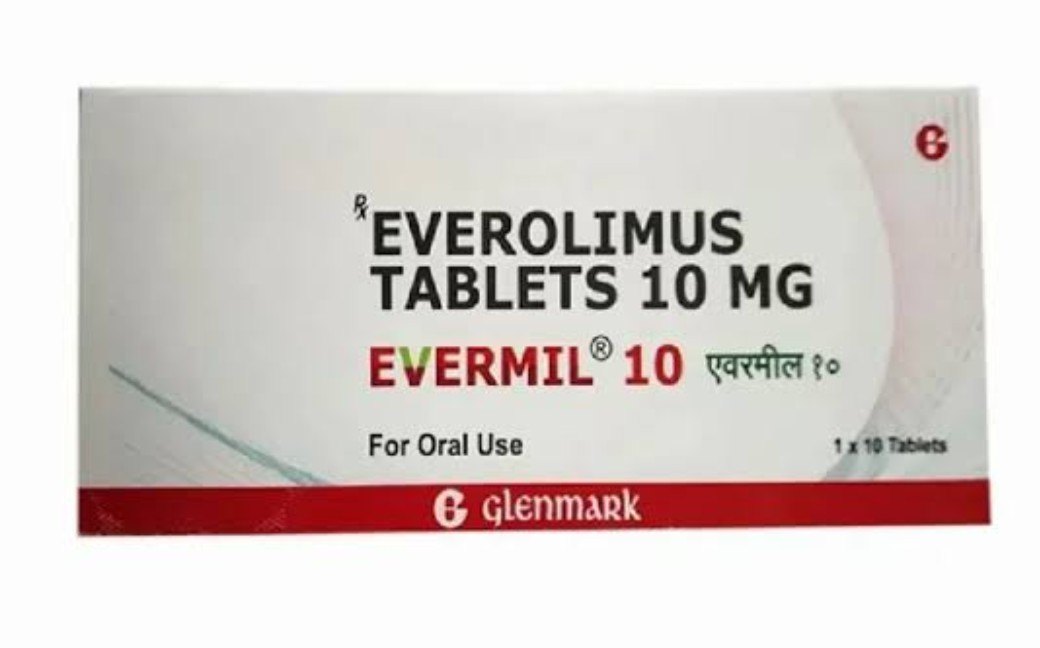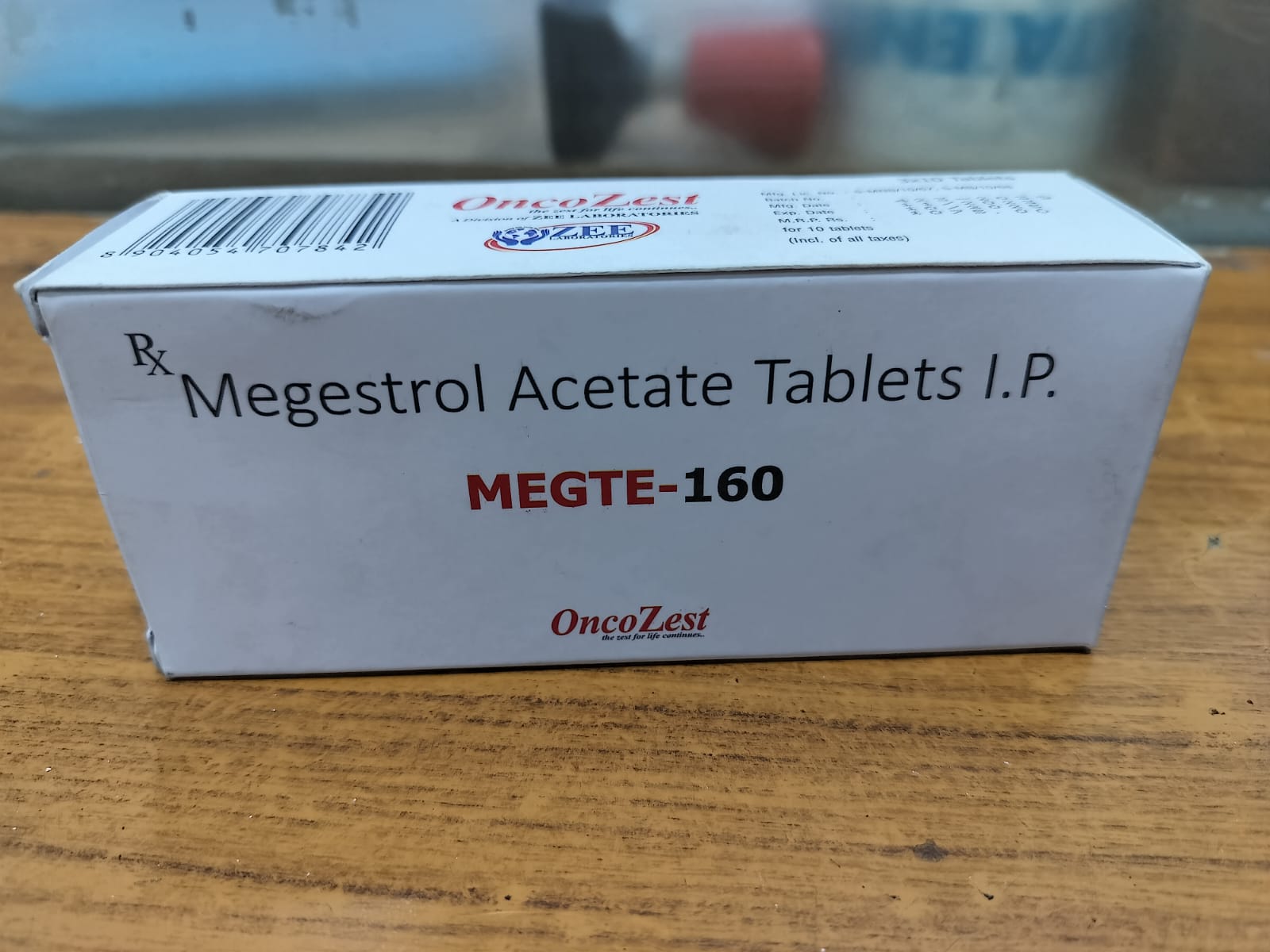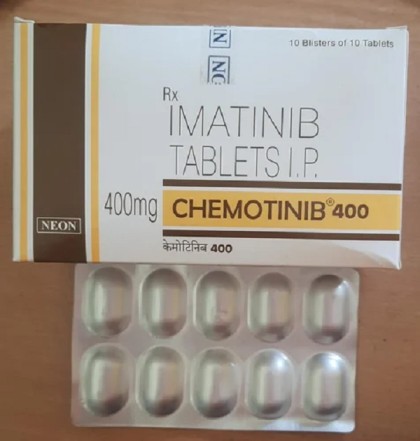Product Intro:
Evermil is a targeted oral anti-cancer and immunosuppressive medication. It interferes with key cellular signaling pathways to suppress tumor progression and prevent organ rejection. It is widely used in both oncology and transplant medicine due to its dual anti-proliferative and immunosuppressive effects.
Uses (Indications):
-
Advanced Renal Cell Carcinoma (RCC):
-
For patients who have failed prior treatment with VEGF-targeted therapies.
-
Hormone Receptor–Positive, HER2-Negative Breast Cancer:
-
Used in combination with exemestane in postmenopausal women after failure of letrozole or anastrozole.
-
Neuroendocrine Tumors (NET):
-
Progressive, well-differentiated NET of pancreatic, gastrointestinal, or lung origin.
-
Tuberous Sclerosis Complex (TSC):
-
For subependymal giant cell astrocytoma (SEGA) and renal angiomyolipoma not requiring immediate surgery.
-
Liver and Kidney Transplantation:
-
Low-dose Everolimus is used with other immunosuppressants to prevent organ rejection.
-
Off-label or Investigational Uses:
-
Advanced hepatocellular carcinoma, endometrial carcinoma, glioblastoma (under clinical trials).
Storage Instructions:
-
Store at 20–25 °C (68–77 °F) in a dry place, away from moisture.
-
Keep in the original blister packaging until ready to use.
-
Do not refrigerate.
-
Keep out of reach of children and pets.
How It Works (Mechanism of Action):
Everolimus inhibits the mTORC1 complex, which is part of the PI3K/AKT/mTOR pathway—a critical regulator of protein synthesis, cell metabolism, growth, and angiogenesis. In cancer therapy, blocking this pathway results in reduced tumor cell proliferation, metabolism, and blood vessel formation. In transplant settings, Everolimus suppresses T-cell activation and proliferation, reducing the likelihood of immune rejection of the transplanted organ.
Side Effects:
Common Side Effects:
-
Mouth ulcers (stomatitis) – the most frequently reported adverse effect.
-
Rash, acne, and skin dryness
-
Fatigue, general weakness
-
Nausea, diarrhea, abdominal pain
-
Anemia and thrombocytopenia
-
Elevated blood sugar and cholesterol levels
Serious or Rare Side Effects:
-
Non-infectious pneumonitis: Inflammation of lung tissue that may cause cough and breathlessness.
-
Severe infections: Opportunistic bacterial, fungal, or viral infections due to immunosuppression.
-
Hepatotoxicity and renal dysfunction: Requires regular liver and kidney function monitoring.
-
Delayed wound healing: Especially problematic post-surgery.
-
Interstitial lung disease: Rare but potentially fatal.
-
Hypersensitivity reactions: Rash, swelling, or anaphylaxis.
Dosage (Typical Recommended Dose):
-
Oncologic Use:
-
TSC-Associated Tumors (SEGA, angiomyolipoma):
-
Transplantation Use:
-
Dose modifications are necessary in the case of adverse effects, liver impairment, or drug interactions.
Method of Administration:
-
Take Evermil at the same time each day, with or without food.
-
Swallow tablets whole with water—do not chew, crush, or split them.
-
If vomiting occurs after taking a dose, do not take an extra dose.
-
Avoid grapefruit or grapefruit juice as it may increase blood levels of the drug.
Precautions:
-
Monitor blood counts regularly, including hemoglobin, WBCs, and platelets.
-
Liver and kidney function tests should be done periodically.
-
Check blood glucose and lipid levels, especially in diabetic patients.
-
Assess lung function in patients showing respiratory symptoms.
-
Avoid live vaccines during and after treatment.
-
Avoid use near major surgeries due to impaired wound healing.
-
Women of childbearing age must use effective contraception during and for 8 weeks after stopping treatment.
Drug Interactions:
-
CYP3A4 inhibitors (e.g., ketoconazole, erythromycin): Increase Everolimus levels—dose adjustment required.
-
CYP3A4 inducers (e.g., rifampin, phenytoin): Reduce efficacy—dose may need to be increased.
-
P-glycoprotein inhibitors: Can affect drug absorption and distribution.
-
Cyclosporine and tacrolimus: May enhance nephrotoxic effects—monitor renal function closely.
-
ACE inhibitors and NSAIDs: May increase the risk of angioedema and renal dysfunction.
Allergies (Warnings for Allergic Reactions):
-
Everolimus hypersensitivity reactions include rash, itching, swelling, or difficulty breathing.
-
Patients allergic to rapamycin analogs (e.g., sirolimus, temsirolimus) should avoid Evermil.
-
Stop medication and seek emergency care if anaphylaxis or severe allergic symptoms occur.
Overdose Information:
-
Overdose symptoms: Severe stomatitis, infections, diarrhea, immunosuppression, organ dysfunction.
-
No specific antidote is available.
-
Treatment is supportive: Hospitalization, IV fluids, and management of complications are essential.
-
Activated charcoal may be considered if overdose is recent.
Missed Dose Instructions:
-
If a dose is missed and remembered within 6 hours, take it immediately.
-
If more than 6 hours have passed, skip the missed dose.
-
Do not double the dose to make up for the missed one.
-
Resume regular dosing schedule the next day.
Additional Notes:
-
Routine therapeutic drug monitoring is essential, especially in transplant patients.
-
Prophylactic mouthwashes (e.g., steroid-based) can reduce the severity of stomatitis.
-
Skin care and sunscreen are recommended due to increased skin sensitivity.
-
Patients with diabetes require closer glucose monitoring.
-
Weight loss and nutritional support may be necessary during prolonged treatment.
-
Avoid combining with radiation therapy unless supervised due to increased toxicity risk.




